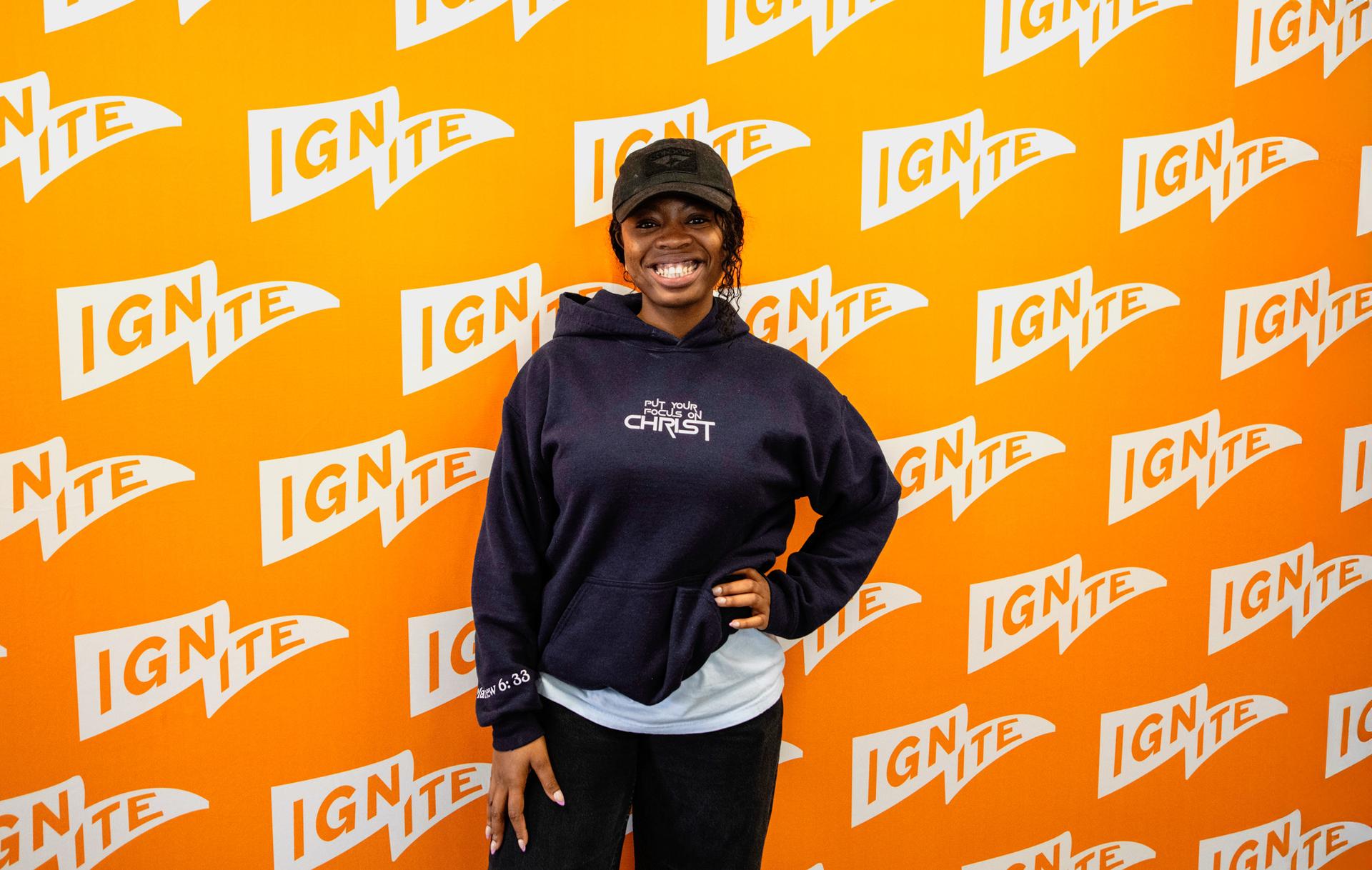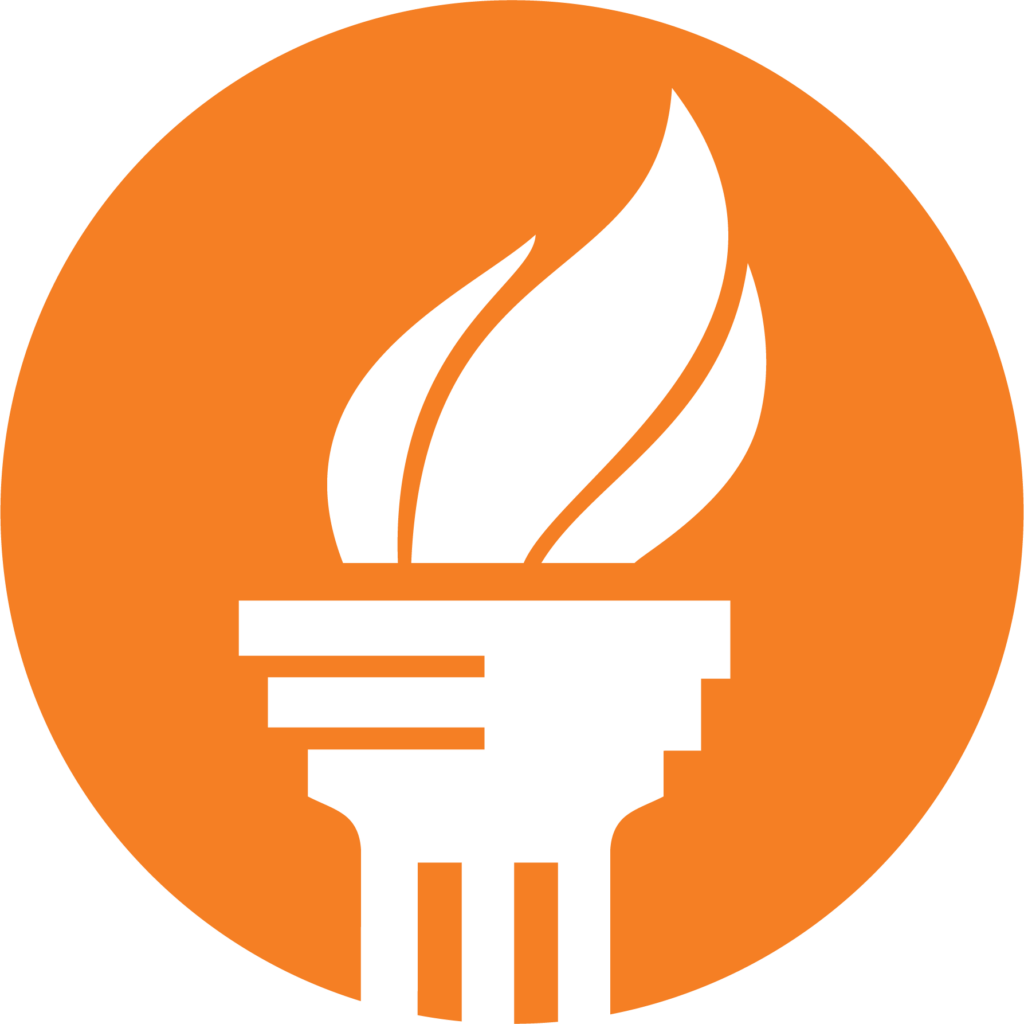A three-track weekend with updated titles
Sullivan Weekend returned to Lake Junaluska on October 24 to 26 as a coordinated set of three programs with updated and now standard titles: Ignite Retreat for students, Faculty Forum for faculty and staff, and the Fellows Summit for Sullivan Fellows. Each track had distinct aims, yet the weekend operated as one engine for progress, with shared spaces and coordinated schedules.
“Bringing Ignite Retreat, the Faculty Forum, and the Fellows Summit together in one place elevates the experience for everyone,” Steve McDavid, president of the Algernon Sydney Sullivan Foundation, said. “Students see faculty model best practices, faculty watch students test ideas in real time, and Fellows connect both to outcomes. The cross-pollination speeds up the learning.”
Ignite Retreat: from spark to first next step
On Friday night the lobby was a hub of activity, rolling suitcases, and first handshakes. Ignite Retreat favored practical work over show. Students met in small groups with coaches, found language for personal values, interviewed stakeholders, and sketched a pilot they could test within the month. The questions were simple but answered with much thought. What is your calling? Who is already doing good work to learn from and join? What is the smallest step you can take this month? The point was not performance. The point was creating momentum that could continue at home.
Housing, meals, schedules, and rooms were all worked out in advance, which allowed for a fast start to learning rather than time spent reviewing logistics. The Retreat ran October 24 to 26, and the cost to participate was $575 dollars. Many of the schools used their Sullivan Endowments to cover part or all of the fees for their students.
Faculty Forum: the craft of teaching, shared
Across the way, the Faculty Forum treated teaching as a shared craft rather than just a series of discussions. The weekend opened with a welcome from Dr. Jody Holland, who framed the work around Community, Content, and Care. Sessions moved from Dr. Keith Boyd’s DEFEAT Plan for reflective resilience, to Dr. David Harkins on self-awareness and social impact, to Natalie Sweet on guiding students through real grant proposals in a single semester. Wendy Seligmann’s Backpack Challenge offered a design-thinking lab you can run in one class period while keeping the same standards you expect in a longer course segment. Sunday closed with applied models from Dr. Tim Durham and Dr. J. Ian Norris that faculty could adopt immediately.
“Our measure for the Forum mirrors the student track,” Steve McDavid, president of the Algernon Sydney Sullivan Foundation, said. “If a faculty member leaves with a well-structured assignment they can use on Monday and a colleague they can call for feedback, the weekend has already been a success.”
Fellows Summit: Agency, Relationships, Contribution
The Fellows Summit followed the ARC framework and guided Fellows through a multi-year development path. Agency encouraged Fellows to name a vision and choose intentionally. Relationships emphasized the skills that make collaboration real and repeatable. Contribution focused on co-creating and owning outcomes. Over the weekend, Fellows drafted a short leadership manifesto, mapped a month of small commitments, practiced coalition-building, and materials for an e-portfolio that can be used to qualify for internships and entry-level career opportunities. By Sunday, the deliverables were plain: a readable plan for Monday and a cohort they could count on.
Operations and Marketing
Olivia Ramirez’s job begins weeks before anyone sees the lake. She builds the room grid with Lake Junaluska’s team, confirms housing lists, creates the run-of-show for each track, and begins the marketing so students do not miss a deadline. “I’m the director of operations, so I oversee all of the programming,” she said. “For Ignite specifically, I coordinated the rooms and breakouts, where students would be staying, and I made sure faculty and staff had the same information. We also used targeted texts this year, so students didn’t have to dig through long inboxes, and we pushed reminders on social media,” she added.
On site, her work continued. “A lot of what I’m doing is problem solving the week of,” Ramirez said. “If a room we planned to use suddenly isn’t available, we pivot, we reassign, and we keep the parts moving together because so many things are running at the same time.”
Off-site, she coordinated space and timing in Asheville for the Fellows who met at Hatch Innovation Hub and fanned out to local enterprises before rejoining the larger group. “I coordinate all of the travel for that, make sure they have places to eat and meet, and then I cover everything happening back at Lake Junaluska too,” she said.
Because the weekend is three programs, coordination also means naming who leads each lane. Fellows Summit year one is overseen by Jody Holland with Bobby Hudson, an Ignite alum now coaching the next cohort. Year three is led by Christopher Gergen with Ronan Mac Domhnaill (“Chalky”), whose track is more hands-on and often off site in Asheville. Year two is led by Luke Lingle and Caitlin Zielinski, locals who help surface partners and places that fit the work. “They have more local insight, which is awesome, and if we are missing a piece, they can fill it,” Ramirez said.
On the Ignite Retreat side, Ramirez works closely with Josh Nadzem and Jordan Bowman to round out their team on-site. “They oversee all of our coaches and facilitators,” she said. “This time we had about ten, and we like to rotate who we bring in so there are fresh eyes and new ideas.”
The small touches matter as well. At night, while the high-energy events continue, a quiet room stays open by design. “A lot of students used it,” Ramirez said. “Conversations just kept going.” It is a new facet that keeps cross-track connections forming after the formal sessions end.
Marketing was not an afterthought either. In the weeks before arrival Ramirez helped keep everyone informed with simple, direct messages. Texts carrying deadlines and packing details, as well as emails and social media posts. “We used text messaging more this time, so students didn’t have to search through email,” she said. “Social is great for college students as well and helps keep interest up.”
The pattern was the same whether Ramirez was mapping shuttles to Asheville or unlocking a last-minute breakout room: identify the hurdle, solve it quickly, keep the learning on track. “We pivot, we reassign, we keep the parts moving together,” Ramirez said. “That way participants can focus on the work, not the logistics.”
Who oversees what, at a glance
- Fellows Summit: Year 1 — Jody Holland with Bobby Hudson; Year 2 — Luke Lingle and Caitlin Zielinski; Year 3 — Christopher Gergen with Ronan Mac Domhnaill (“Chalky”).
- Ignite Retreat: Coaching and facilitators — Josh Nadzem and Jordan Bowman; approximately ten coaches this cycle with intentional rotation.
- Venue partners: Lake Junaluska — Jesse Ruiz and Elizabeth Burson; Asheville hub — Hatch and additional local sites as scheduled.
What’s next: nearer points of entry
The map widens in 2026. In late January, the Foundation will partner with the Ole Miss Women’s Council at the Pulse Conference to bring coaches and methods to the UM campus, with an optional Sullivan session led by Jordan Bowman after the conference. In March, a two-day, one-night Mini Ignite will serve the Virginia region at Camp Blue Ridge near Montebello.
Back to all News items.


